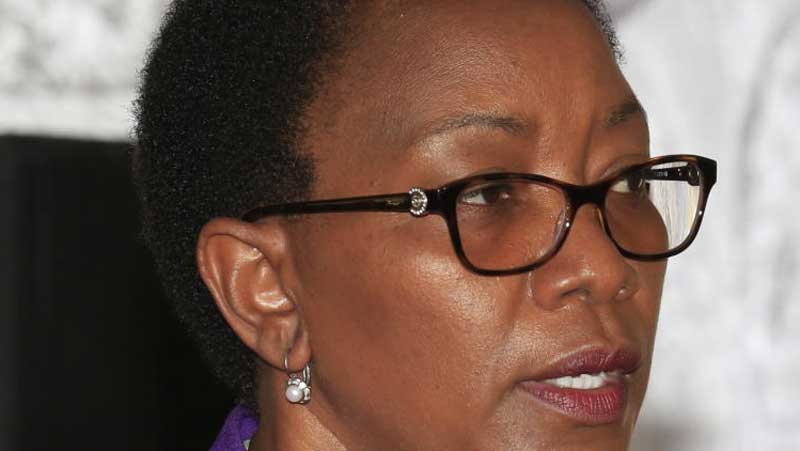×
The Standard e-Paper
Join Thousands Daily

Low quality or fake medicines are causing poor treatment outcomes, some of which lead to deaths of many Kenyan patients.
Two recently released reports paint a picture of just how bad the situation is, with exceptionally high rates adverse drug reactions and side effects among patients on hypertension and cervical cancer drugs.